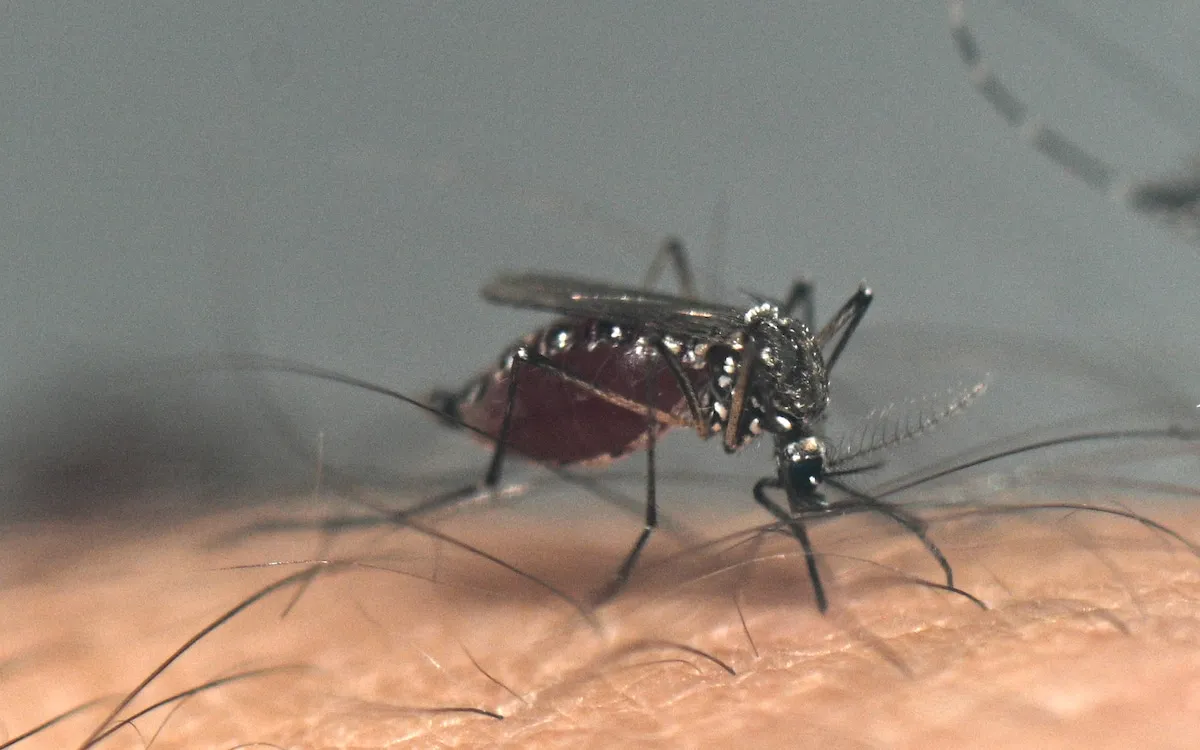
Federal health officials have issued a critical warning to seniors regarding the Ixchiq vaccine, developed by Valneva, which is commonly administered to travelers to guard against the dangerous mosquito-borne illness known as chikungunya. The Centers for Disease Control and Prevention (CDC) and the Food and Drug Administration (FDA) are advising individuals aged 60 and older to refrain from receiving this vaccine due to emerging health concerns.
The chikungunya virus is primarily transmitted through infected mosquitoes, and outbreaks have been documented across various regions, including Africa, the Americas, Asia, Europe, and islands in the Indian and Pacific Oceans. This disease poses a significant risk to travelers, as it can easily spread to unaffected areas through infected individuals. In the United States, the CDC reports approximately 100-200 cases of chikungunya each year, primarily among travelers returning from affected regions.
The CDC has recommended a pause on the Ixchiq vaccine while it investigates reports of “serious adverse events.” These include neurologic and cardiac issues that have arisen in recipients aged 62 to 89. As of May 7, 2023, there have been 17 serious health incidents linked to the vaccine, including two fatalities. Notably, six of these reports have been filed in the United States.
To date, approximately 80,000 doses of the Ixchiq vaccine have been distributed worldwide. The CDC has indicated that the most severe adverse reactions have occurred in individuals with pre-existing chronic health conditions. Reported symptoms among these individuals have included severe chikungunya-like effects such as fever, joint pain, headaches, muscle pain, joint swelling, and rashes, which have persisted for up to 30 days.
In light of these alarming reports, the FDA is currently conducting a comprehensive risk assessment specifically for the Ixchiq vaccine as it pertains to individuals aged 60 and older. The vaccine was initially approved in late 2023 for adults 18 years and older who are at heightened risk for contracting the chikungunya virus, especially those traveling to regions where the disease is prevalent.
As health officials continue to evaluate the safety of the Ixchiq vaccine, seniors are urged to exercise caution. Staying informed about the latest health advisories and understanding the risks associated with the chikungunya virus is crucial for older adults, particularly those considering travel to affected areas. Always consult with healthcare providers before making vaccination decisions.